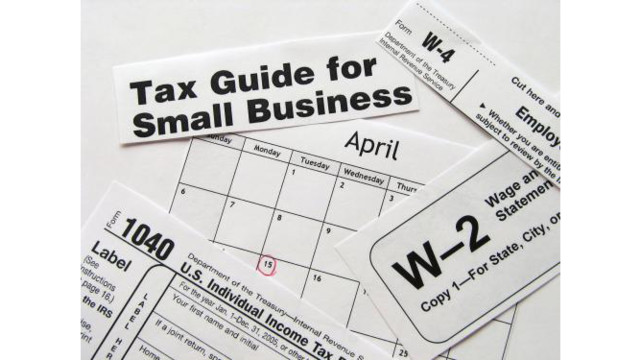At this time of year, Congress usually addresses a number of tax law provisions that are going off the books. In some cases, these provisions may be revived, even retroactively, while others are allowed to lapse. Following are three expiring provisions that may be of particular interest to small business owners.
1. Business interest deductions: Under prior law, a business could generally deduct the full amount of their business interest expenses. However, beginning in 2018, the Tax Cuts and Jobs Act (TCJA) limited the deduction for net interest to 30% of the company’s adjusted taxable income (ATI) for the year.
For these purposes, ATI is business income without regard to—
- Income, deduction, gain or loss not properly allocable to a business
- Business interest income and expense;
- Net operating losses (NOLs);
- The 20% qualified business income (QBI) deduction for pass-through entities; and
- Any deduction allowable for depreciation, amortization or depletion for tax years beginning before 2022.
Absent any further legislation, the law requires depreciation, amortization or depletion to be added back to the ATI calculation, beginning in 2022. This could significantly reduce a company’s interest deduction.
2. Research and experimentation expenses: Prior to 2022, a business could generally currently deduct research and experimentation ((R&E) expenses on its tax return for the year of the expense. Also, software developmental expenses could be treated like R&E expenses and either be deducted currently or amortized over five years (or three years from the date placed in service).
For tax years beginning in 2022, R&E expenditures can’t be deducted in the current tax year. Instead, they must be amortized over five years (15 years for foreign expenses), regardless of whether the property is disposed or abandoned. Also, software developmental costs can’t be deducted currently, either
This may have a major impact on a small business. However, there’s been sentiment within Congress to delay or repeal this change.
3. Bonus depreciation: The TCJA authorized businesses to claim 100% first –year bonus depreciation for qualified property placed in service during the year. This includes property depreciable under the Modified Accelerated Cost Recovery System (MACRS) with a recovery period of 20 years or less. The TCJA also extended this tax break to used, as well as new, qualified property.
First-year bonus depreciation is available in conjunction with the Section 179 expensing allowance. However, under the TCJA, bonus depreciation is scheduled to be phased out gradually, as follows.
- 80% in 2023;
- 60% in 2024;
- 40% in 2025; and
- 20% in 2026.
After 2026, zero bonus depreciation will be allowed, unless Congress revisits this issue before then.
Based on this phase-out, a small business may place qualified property into service sooner rather than later to maximize the first-year bonus depreciation deduction.
These are just the highlights of three changes that could affect your small business.
Various other provisions are set to expire. We will continue to keep you posted on new developments.
Thanks for reading CPA Practice Advisor!
Subscribe Already registered? Log In
Need more information? Read the FAQs
Tags: Income Taxes, Small Business, Taxes





